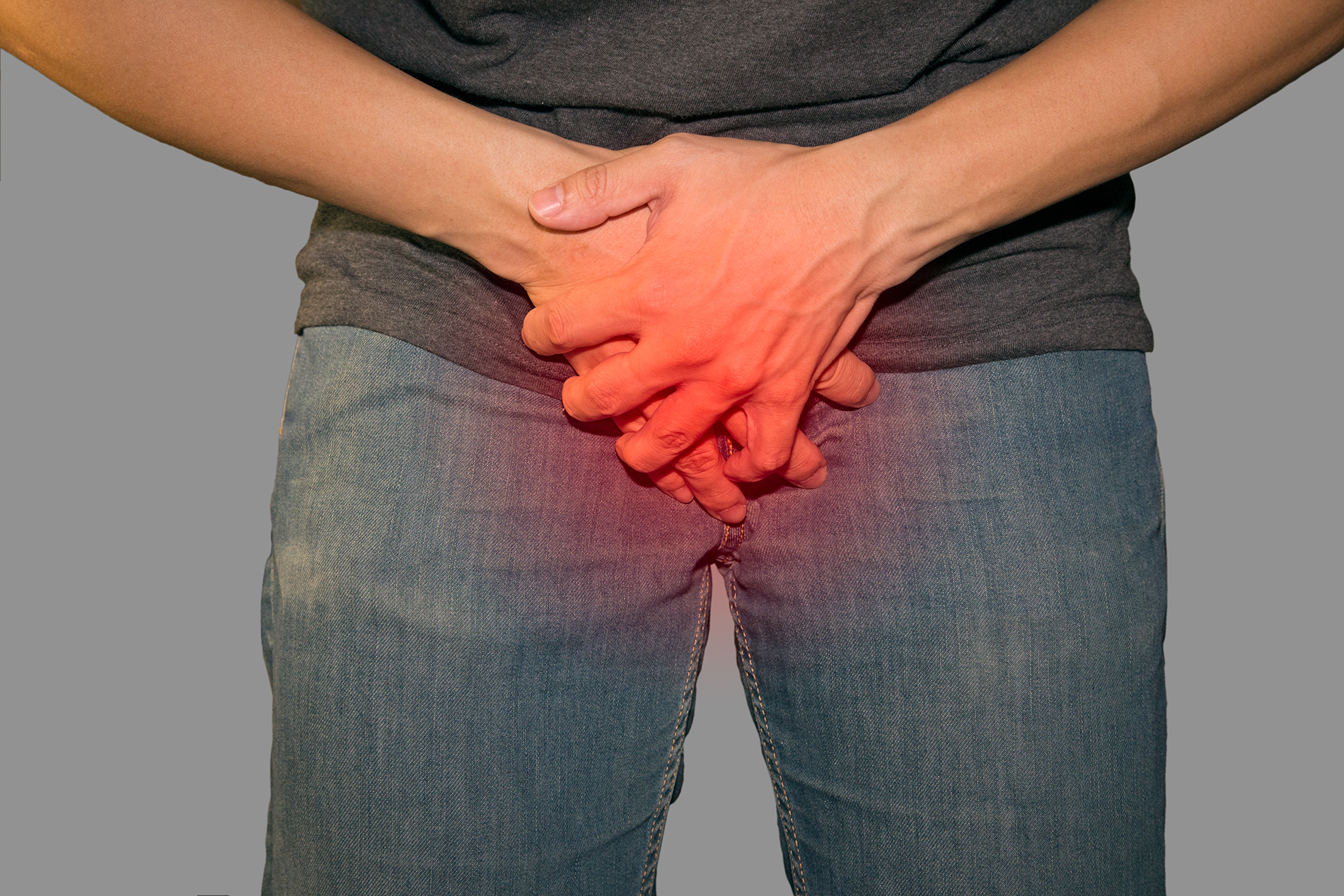Sexually transmitted diseases are infections caused by bacteria, viruses, parasites, and fungi. Unfortunately, they are prevalent, especially among teens and young adults. Common STDs include chlamydia, gonorrhea, syphilis, herpes, human papillomavirus (HPV), and HIV/AIDS. Here, Jarvis J. Johnson, MD, with Spring Valley Family Practice, shares information about treating STDs.
What are the most common STDs you see in young people?
In young people, I most commonly see chlamydia and gonorrhea.
What are the common symptoms people notice?
Men commonly experience burning with urination, blood in their urine, abdominal pain, testicular pain, or even penile discharge. Women may experience abdominal pain, vaginal discharge, burning with urination, or even blood in the urine. Even though we commonly associate these symptoms with STDs, some people have no symptoms at all.
Do some STDs cause no symptoms, so someone may not know that they have it right away?
Any STD (HIV, syphilis, gonorrhea, chlamydia, etc) can be associated with no symptoms early on in the infectious process.
What are the dangers of untreated STDs?
The effects of untreated STDs can be severe and vary depending on the STD. If untreated, chlamydia and gonorrhea can lead to infertility in men and women. Untreated syphilis can lead to severe organ damage that causes paralysis, blindness, numbness, behavioral change, and even dementia. If HIV is untreated, it can lead to an immunocompromised state, making you susceptible to other infections that could potentially cause death.
How should parents talk with their teens about sexual health?
An open and honest line of communication is key to appropriate sexual health education. Parents and teens need to educate themselves and stay up-to-date about sexual health, especially the newer medications to prevent HIV infection.
What do you want teens and young adults to know to prevent STDs?
Many tools are available to prevent STDs. Popular options are abstinence (100% prevention) and consistent condom use.
Other options are Pre-Exposure Prophylaxis (PrEP) and Post-Exposure Prophylaxis (PEP). PrEP is a medicine used to prevent HIV and comes in either a pill or shot form. Usually, a person takes this medicine daily and has a 99% chance of preventing HIV from sex. PEP is a pill taken after potential HIV exposure to prevent developing HIV. Patients should seek treatment as soon as possible or within 72 hours after exposure to HIV.
It is vital to know your partner's STD status and stay current on your personal STD screening status. Discuss any questions or concerns about your sexual health with your primary care doctor.







Leave a comment